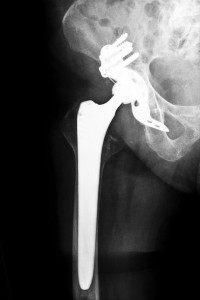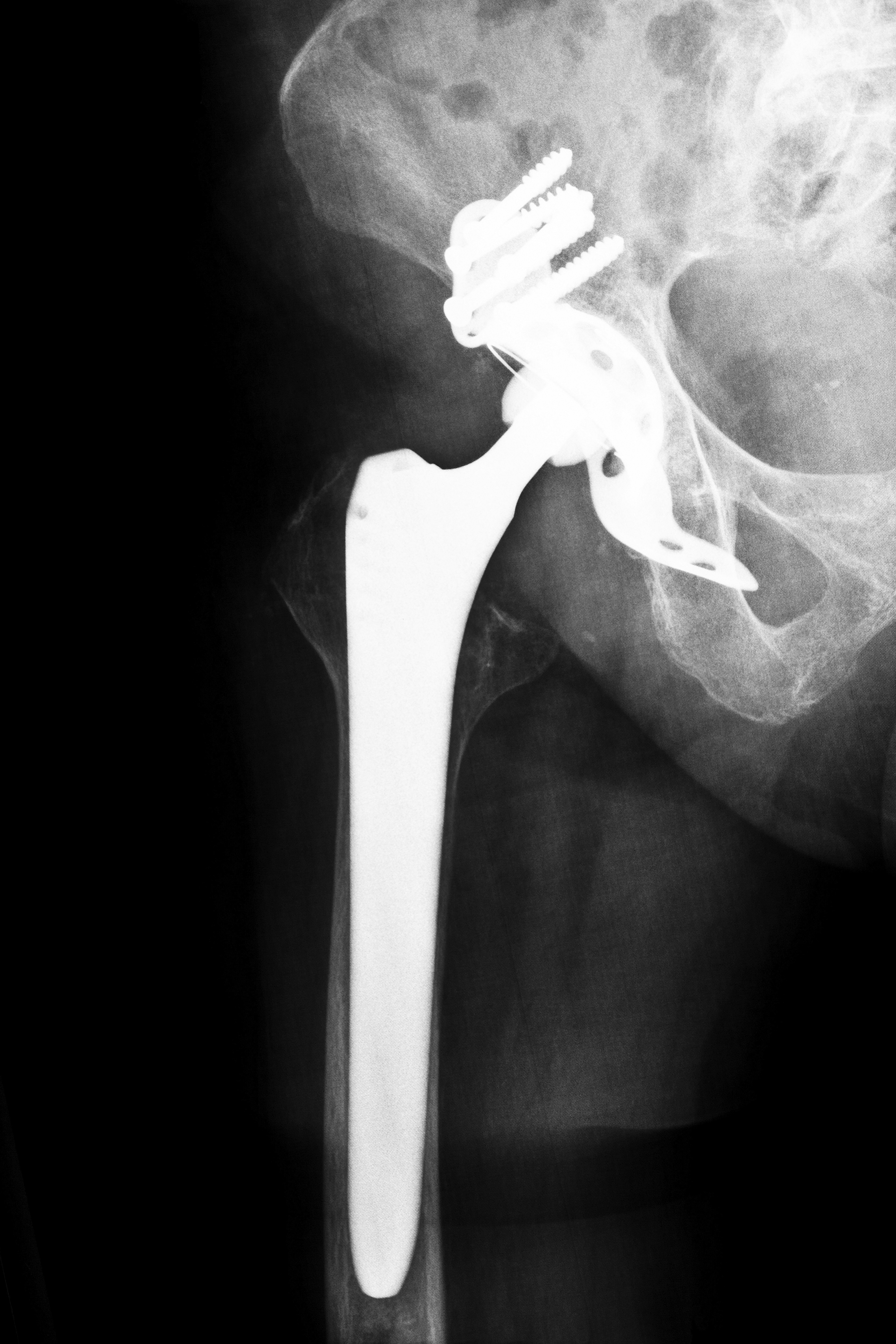 More people throughout the U.S. may consider seeking certain types of hip replacements as they grow older. During implantation, a surgeon implants an artificial device into the patient after he or she removes the arthritic or damaged joint. The materials and the specific types of hip replacements used often depend on the surgeon’s preference, the patient’s activity level and the patient’s age.
More people throughout the U.S. may consider seeking certain types of hip replacements as they grow older. During implantation, a surgeon implants an artificial device into the patient after he or she removes the arthritic or damaged joint. The materials and the specific types of hip replacements used often depend on the surgeon’s preference, the patient’s activity level and the patient’s age.
While some types of hip replacements are often beneficial, others have reportedly caused serious complications in patients across the country. Contact Attorney Group for Georgia today if you feel as though you have been injured due to a defective hip implant and would like to learn more about pursuing a claim for compensation.
Common Types of Hip Replacements
Ceramic-on-metal hip replacement devices are made of a metal acetabular cup and a ceramic femoral head and were first approved by the U.S. Food and Drug Administration in 2011. Additionally, all-ceramic implants were first placed on the market in the 1980s, before the devices were recently approved by the FDA.
Hip implants made of metal and plastic are the most commonly chosen hip replacement devices in the country. The patient’s ball and socket in his or her hip joint is replaced with a metal prosthesis, and a plastic spacer is implanted in between the metal parts.
Metal-on-metal implants are usually made of cobalt, chrome, titanium and stainless steel. Younger patients with an active lifestyle are typically the recipients as these devices are intended to provide a greater range of movement in certain individuals. These types of hip replacements may be less likely to sustain wear-and-tear damage than the others.
Risks of Hip Implant Devices
It is important to note that not all patients are compatible with all types of hip replacements. A healthcare provider will likely make a recommendation based on the patient’s overall condition, the device itself, and possible risks or side effects that occur after the procedure. However, patients filing lawsuits over defective metal-on-metal hip implants claim the following side effects:
- Swelling, discomfort, pain
- Limited mobility
- Early device failure
- Dislocation, infection
- Difficulty walking
- Bone fractures
- Neurological damage
- Damaged joints and tissues
In many cases, metal-on-metal hip implants failed early, leaving the patient to undergo revision or removal procedures to rectify the complications. However, plaintiffs filing lawsuits while fitted with several types of hip replacements allege that these surgeries often caused additional problems and were just as painful as the initial procedure.
Lawsuits Filed in the U.S.
Court documents indicate that 5,704 hip replacement lawsuits were pending against DePuy Orthopaedics as of April 15, 2014. Plaintiffs are accusing the manufacturer of neglecting to warn them of the possible risks and complications that could result from implantation with the company’s metal-on-metal Pinnacle implant. Additionally, plaintiffs are pursuing claims against DePuy after allegedly suffering injuries while fitted with the ASR hip implant, and Stryker Orthopedics pulled its Rejuvenate and ABG II hip replacement systems from the market amid reports of early device failure and other complications.
In December 2013, Stryker reached a settlement involving its Rejuvenate and ABG II hip replacement devices. Additionally, plaintiffs have filed lawsuits against other manufacturers including Biomet, Smith & Nephew and Zimmer. Contact Attorney Group for Georgia to learn more about your legal rights if you feel as though you have a case.
Do You Have a Georgia Hip Replacement Lawsuit?
If you or a loved one received a Stryker or DePuy hip replacement device and you suffered from injuries or complications as a result, Attorney Group for Georgia can provide you with a free consultation and help you determine if you have a case. We can answer your questions about the types of hip replacements involved in lawsuits, and connect you with an affiliated Georgia attorney who can handle your lawsuit and work to protect your legal rights.






